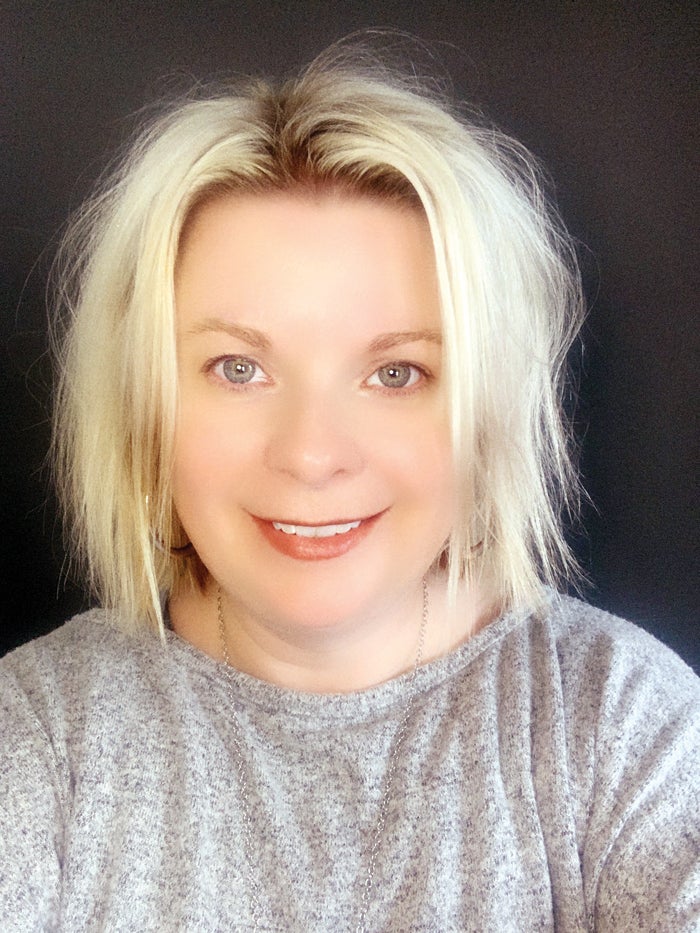The scoop on Stormwater
Published 12:00 am Thursday, May 20, 2021
|
Getting your Trinity Audio player ready...
|
By Shannon Ford
For the Clemmons Courier
What is stormwater and why should I care about it?
When rain, snow, or another type of precipitation hits a surface, it becomes stormwater. Streets, rooftops, driveways, parking lots, sidewalks and other impervious surfaces do not permit the land to absorb stormwater; therefore, runoff is increased dramatically from these areas. Stormwater collects pollutants from these hard surfaces and carries them to our streams, lakes and the Yadkin River, impacting the quality of these bodies of water and those downstream — this process is called stormwater runoff. These pollutants can include lawn and garden fertilizers, pet waste, sand and sediment, chemical contaminants and litter.
Why should I care?
Uncontrolled stormwater runoff can cause a number of problems including:
- Fast-moving stormwater can erode stream banks. Soil from eroding land can smother aquatic life, clog fish gills, and cut off light that underwater plants need to grow.
- Stormwater runoff can push excess nutrients from fertilizers, pet waste and other sources into rivers and streams. Nutrients can fuel the growth of algae blooms that create low-oxygen dead zones that cannot support aquatic life.
- Stormwater runoff can push pesticides, leaking fuel or motor oil and other chemical contaminants into rivers and streams. Chemical contaminants can harm the health of humans and wildlife.
Bottom line: Polluted stormwater runoff is the No. 1 cause of water pollution in North Carolina. Stormwater does not receive any treatment before it enters our waterways. Anything that enters a storm drain is discharged untreated into the waterbodies we use for swimming, fishing and providing drinking water.
There are small changes that you can make on a daily basis that can prevent contamination of our waterways. In addition, the Village of Clemmons Stormwater Department governs federal, state and local laws regarding what can be discharged into our waterbodies and how that runoff must be treated prior to discharge. Be sure to keep an eye out for a returning column to dig deeper into specific sources of stormwater pollution, as well as more details on the role of the Stormwater Department in the Village of Clemmons.
Shannon Ford is the director of marketing and communications for the Village of Clemmons.



